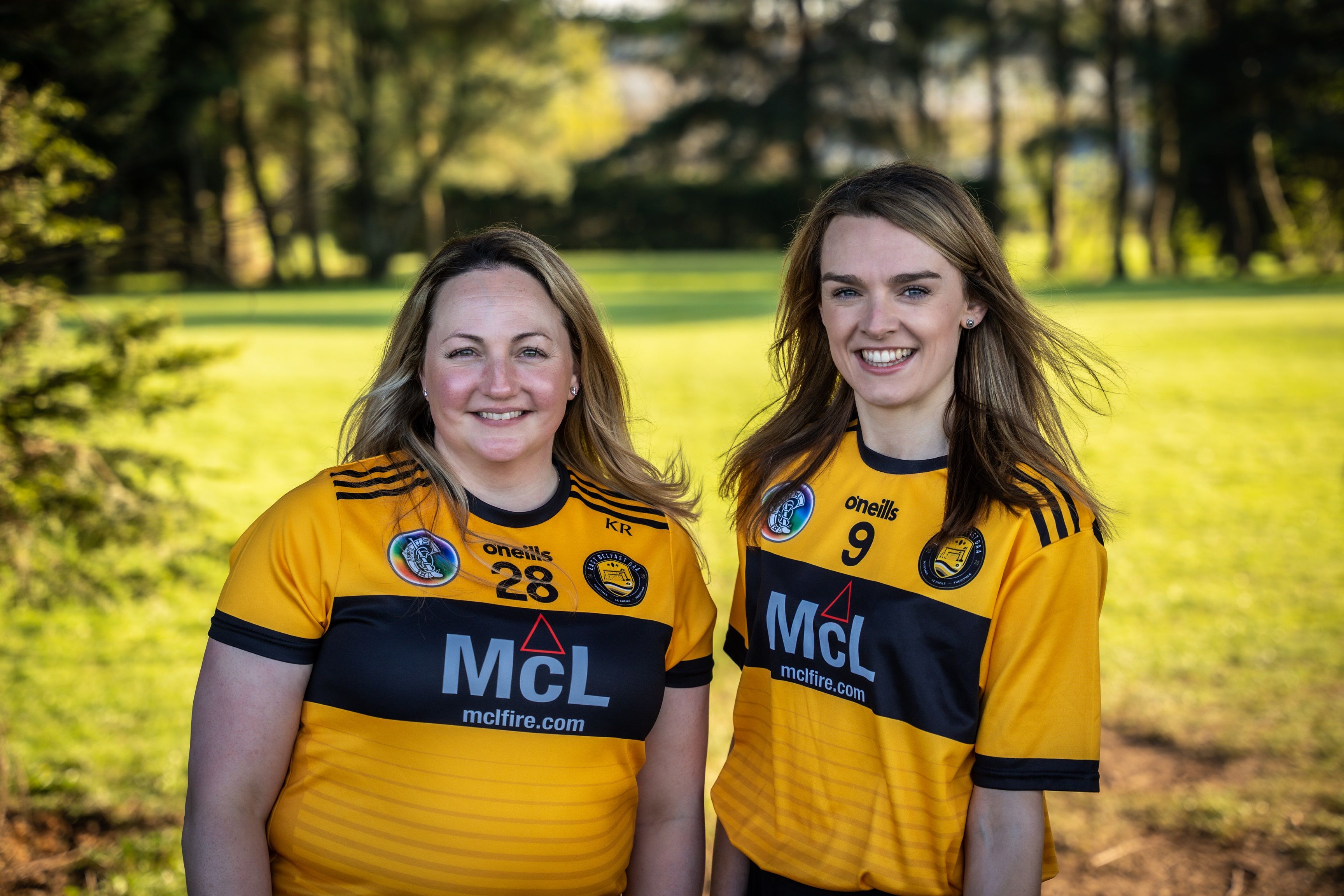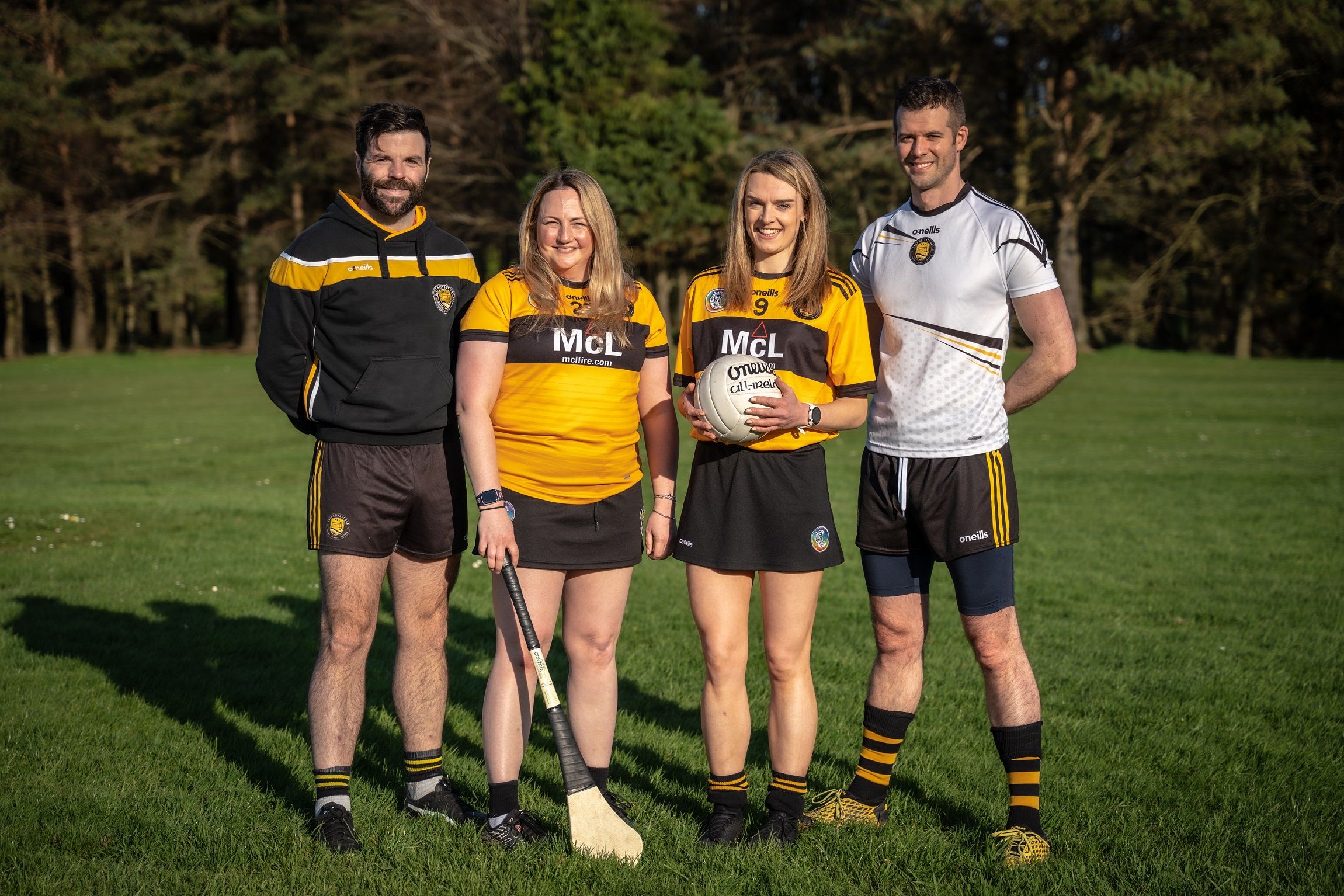IT started with a single tweet in May 2020. In an area where no GAA club has existed for more than half a century, a new one was born. Two years on, East Belfast GAA currently has more than a thousand members from all backgrounds and walks of life.
Historically the GAA has been associated with Irish nationalism whereas east Belfast has long been seen as a unionist area. The last GAA club there, St Colmcille’s, closed more than 50 years ago at the start of the Troubles. But in 2020, the founders of a brand new club, East Belfast GAA, hoped to change things by removing boundaries, breaking down stereotypes and welcoming players from all communities, faiths and political persuasions.
Le Chéile, meaning together in Irish, produced by Macha Media for BBC Gaeilge, with support from Northern Ireland Screen’s Irish Language Broadcast Fund, tells the remarkable story of East Belfast GAA. The programme, on BBC Two Northern Ireland on Monday 6 June at 10pm, follows the club’s journey during their first full year of play in 2021. Following months of inactivity due to Covid restrictions, the East Belfast GAA community get back out onto the grass and set out on their second year together as a club.
That single tweet was sent by David McGreevy in May 2020. David and his friend, Richard Maguire, only wanted to start a GAA club for kids in East Belfast and sent out their social media message at 9.15am on a Sunday morning. They invited people from all backgrounds, beliefs and abilities to join their ranks.
The programme meets some of the players who come from a range of diverse backgrounds. Caoimhe O’Connell, originally from West Belfast but living now in the east of the city, describes how the typical GAA club in Ireland can be the focus of a parish, with successive generations of extended families being born into it and children given hurls before they can walk. For her, East Belfast GAA is different.
She said: “We’re not like that, we chose each other. I didn't know anyone here last year, but now we're a family. These girls aren't my friends, they’re my sisters.”
East Belfast GAA players, Kimberly Robertson and Niamh Daly
Andrew McCammon, a former Second Lieutenant in the British Army, was inspired to learn more about Gaelic games and the Irish language while serving as a dental officer. After leaving the army, he signed up for Irish classes where he heard about the club.
Kimberly Robertson, originally from Boston, Massachusetts, has embraced Gaelic games. Never having played before, Kimberly joined East Belfast GAA in an attempt to learn more about Irish culture and make new friends. She says she cannot imagine life now without the GAA and has recently been appointed chairperson of the club.
Linda Ervine is the club’s first President. A unionist and Irish language activist, Linda is director of the ‘Turas’ Irish language project and welcomes the inclusion and promotion of all cultures within the club.
She said: “Of course, there are some naysayers, but overall, there has been a lot of positivity and I got loads of lovely messages from people saying, ‘isn't this great, isn't this fantastic.’
"I think it is a symbol of a shared space. It shows that, if you're one thing, it doesn't mean that you can't engage with something else. Coming from the background that I did, I never heard of GAA, I didn't know anything about GAA, but that has changed.”
The programme attends training sessions and competitive matches in league and championship, witnessing victories, injuries and defeats in crucial games. Without even a pitch to call their own, Le Chéile shows the determination of the East Belfast GAA community and their passion for Gaelic games as they strive to achieve success.
Le Chéile will be shown on BBC Two NI on Monday 6 June at 10pm.




